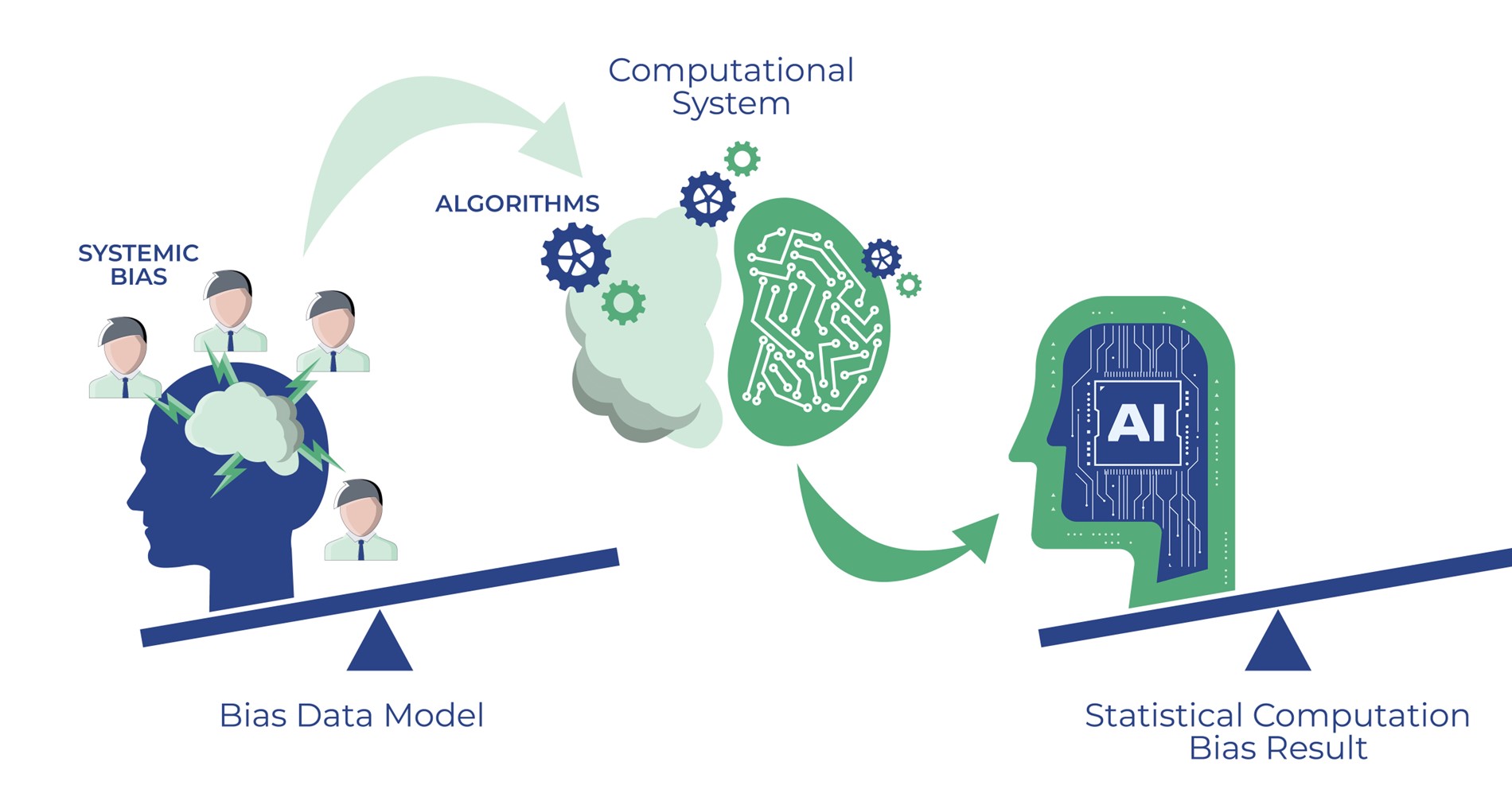Artificial Intelligence (AI) – Benefits and Risks - Chintan
Artificial Intelligence (AI) is revolutionizing various sectors such as education, healthcare, agriculture, and banking among others. This emerging technology has attracted the attention of both developed and developing countries, leading to substantial investments in AI initiatives.

Global AI Initiatives
American president, Donald Trump, announced a significant investment in A.I. infrastructure, joined by industry leaders like Masayoshi Son, Sam Altman, and Larry Ellison. This initiative, known as Stargate, signifies the growing importance of AI on a global scale.
In a competitive landscape, China is emerging as a key player in AI development, showcasing innovations like the ChatGPT-like AI model by Deepseek. This underscores the race for AI supremacy between nations.

AI Applications in India
India, under the leadership of Prime Minister Narendra Modi, is leveraging AI technologies to drive growth in various sectors. With a focus on healthcare, AI tools are being used for early diagnosis, personalized patient care, fraud detection, and financial planning, revolutionizing the industry.
Risks and Challenges
Despite the benefits of AI, there are inherent risks and challenges associated with its widespread adoption. The disruptive nature of AI has already impacted job markets and daily lives, raising concerns about algorithmic bias and ethical implications.

Leading experts like Sinan Ulgen emphasize the importance of addressing biases in AI models and promoting digital AI literacy to mitigate risks. The misuse of AI technologies, such as data mining by companies, highlights the need for stringent regulations to protect intellectual property rights.
Ethical Considerations
Renowned historian, Yuval Noah Harari, warns about the potential rise of superintelligent yet non-conscious AI systems, posing unprecedented challenges for humanity. The intersection of intelligence and consciousness in AI raises questions about moral and ethical boundaries in technology development.
As AI continues to evolve rapidly, it is crucial for policymakers and stakeholders to collaborate on establishing guidelines that prioritize the ethical and responsible use of AI for the betterment of society.




















